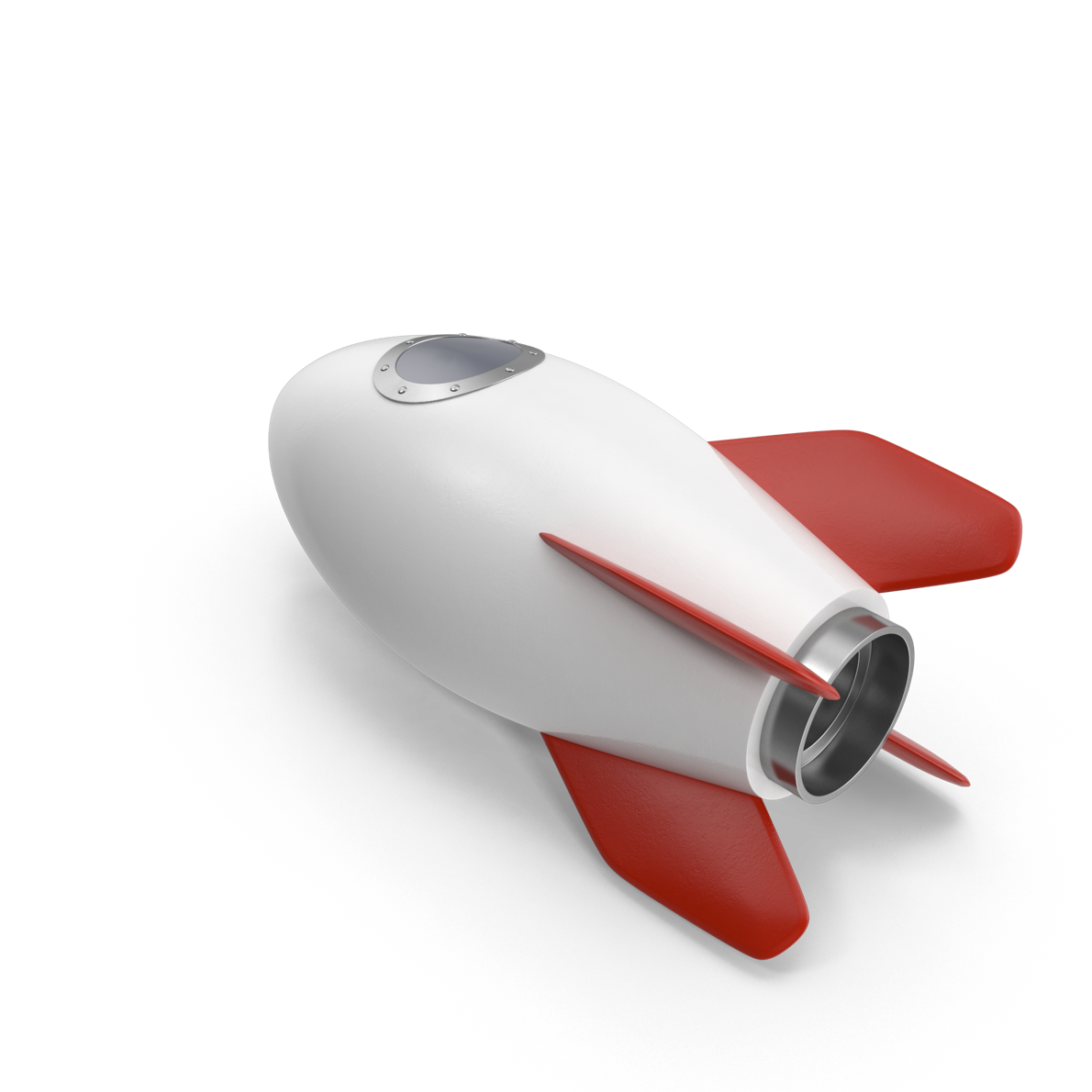Feb 05 2025
~ 3 min read
As technologists, we tend to really dislike unpredictability because it impacts our ability to assess risks — and, frankly, it just makes us plain uncomfortable.
Therefore, it makes perfect sense that industries are rapidly leveraging AI, since (at least on the surface) it provides confidence through its perceived absolutes and rational backed decision-making. We like this.
However, while AI excels at processing vast amounts of information and reducing it to something we can understand better, it still falls short in uniquely human areas that require emotional intelligence or complex social factors.
This is why I believe technology leadership and hiring managers should consider trending away from screening candidates based "purely" on technical expertise and prioritize skills that AI cannot replicate — the human element.
We know that the human element is critical when it comes to successfully navigating situations like inspiring motivation or managing conflicts, which are essential for day to day operations.
Let's dive a little deeper into some examples:
The spectrum of human emotions: AI can analyze sentiment, but it does not feel emotions or genuinely understand human experiences. And as we know - humans are able to feel a complex number of emotions, to the point that we don't even know how to express exactly what we are feeling.
Example: If a co-worker is experiencing personal hardship, great human leaders are able to navigate re-setting expectations around what tasks need to be delivered and which need to be temporarily redirected or put on hold until the hardship is managed.
Decision-making in ambiguity: In grey areas, where binary logic doesn’t apply, human judgment is essential to success.
Example: Determining whether to lay off a team member based on performance metrics alone ignores situational nuances like personal circumstances or seeing an untapped potential for growth.
Conflict resolution: AI can provide recommendations, but actually navigating human conflict, managing emotions, and fostering team cohesion requires uniquely human skills.
Example: If team members disagree about the path forward for a solution, AI isn't going to be able to discern anything deeper than what's being displayed on the surface. It won't recognize the complexity of human emotions that can be present in social situations or how those may play into the disagreement.
Inspiration and motivation: AI can generate insights and automate processes, but rallying a team around a vision and instilling purpose is a leadership trait that remains distinctly human.
Example: AI can write an inspiring speech, but evoking human emotion requires delivery from a human who actually experiences those emotions in order to be received by audiences as genuine and authentic, which is necessary for the appeal to emotion to be effective.
The bottom line: as AI development tools continue to improve and reduce the time required to learn new technologies, technical knowledge will become more broad at all levels.
The real differentiator for candidates in the workforce will be the ability to read emotions (mature emotional intelligence!), make counterintuitive decisions in consultation with AI, and to lead with empathy — skills that require experience and "gut feel", not just data.
share the love
The views and opinions expressed on this blog are the author's own and do not reflect those of their employer, past or present. Any content shared here is for informational purposes only and should not be taken as professional or legal advice.

